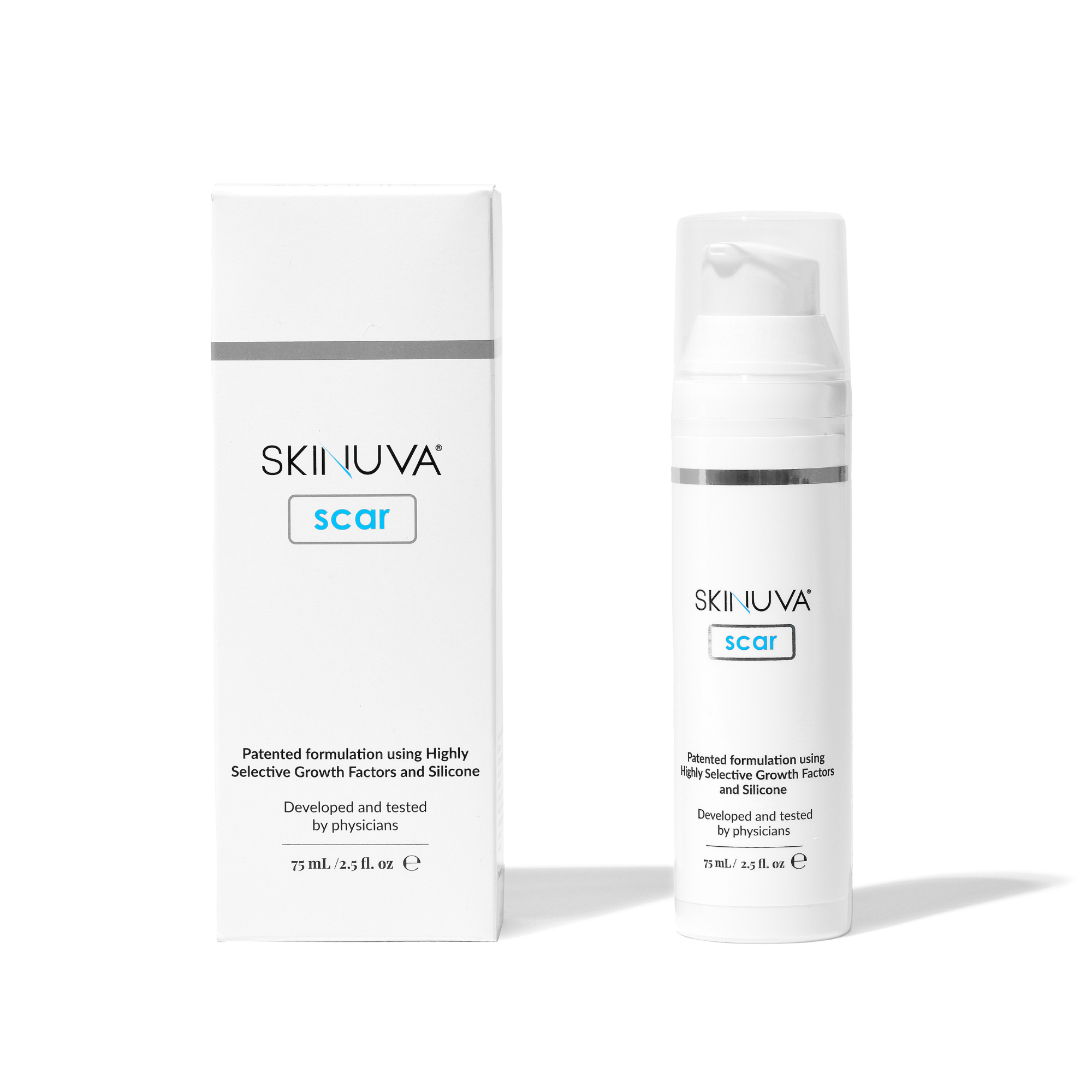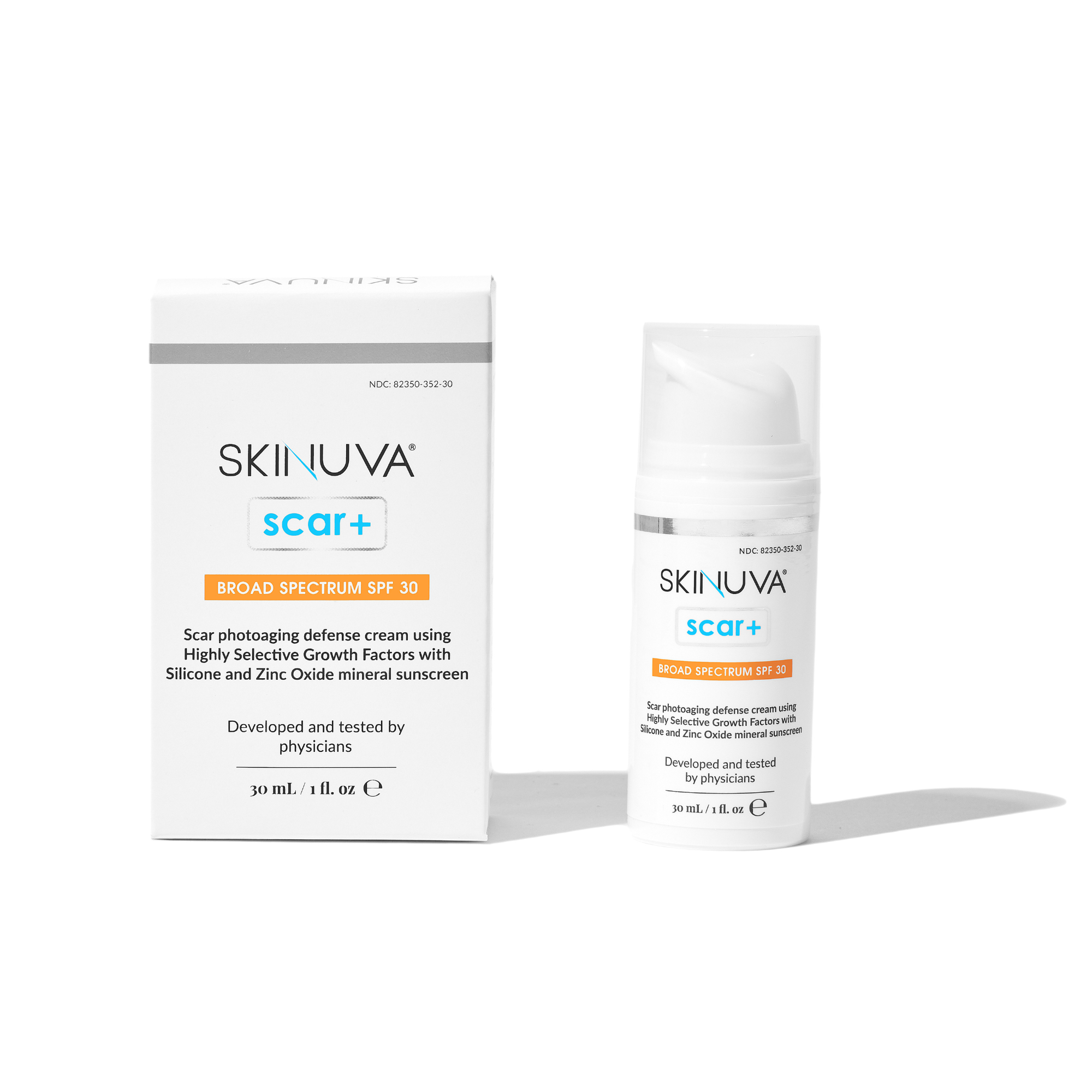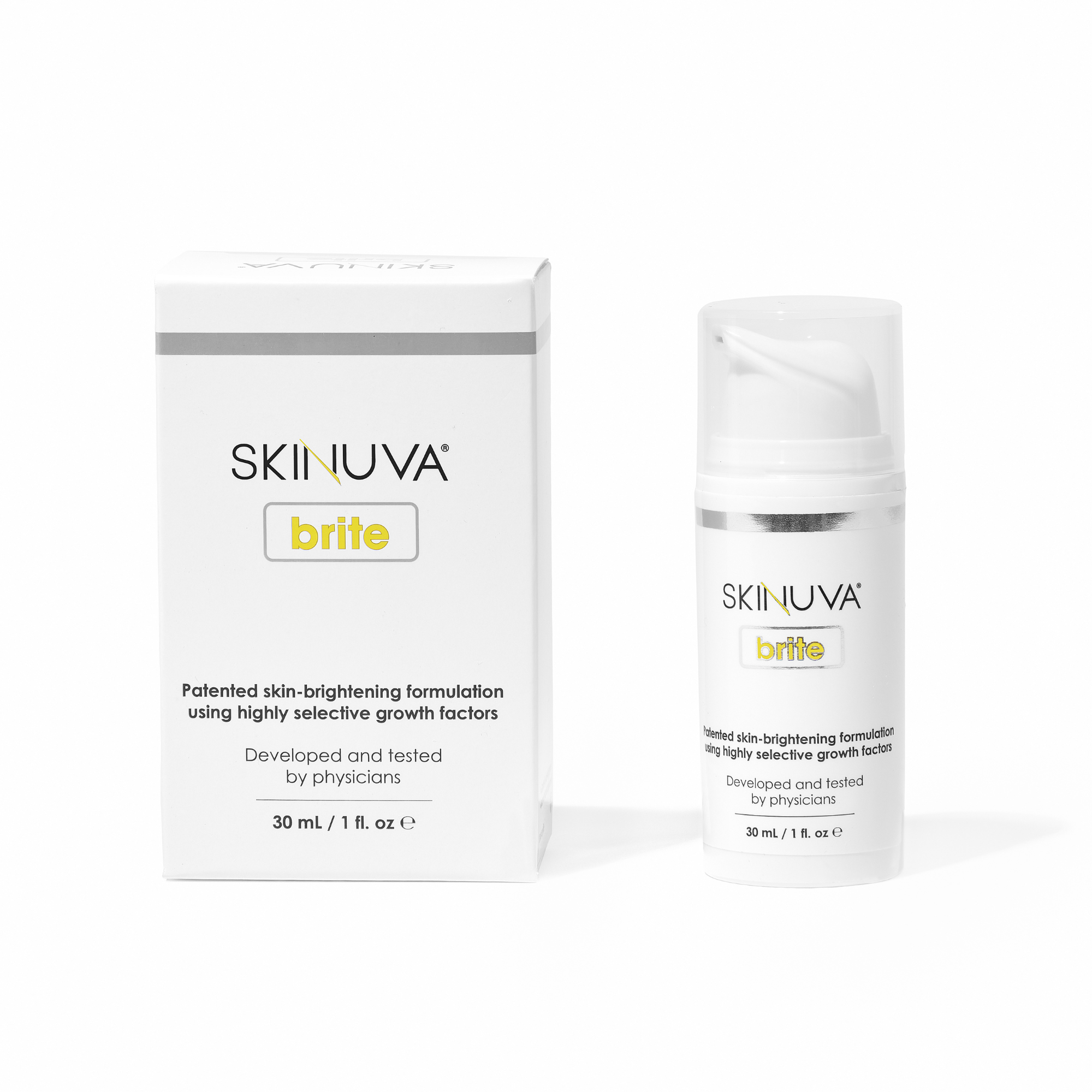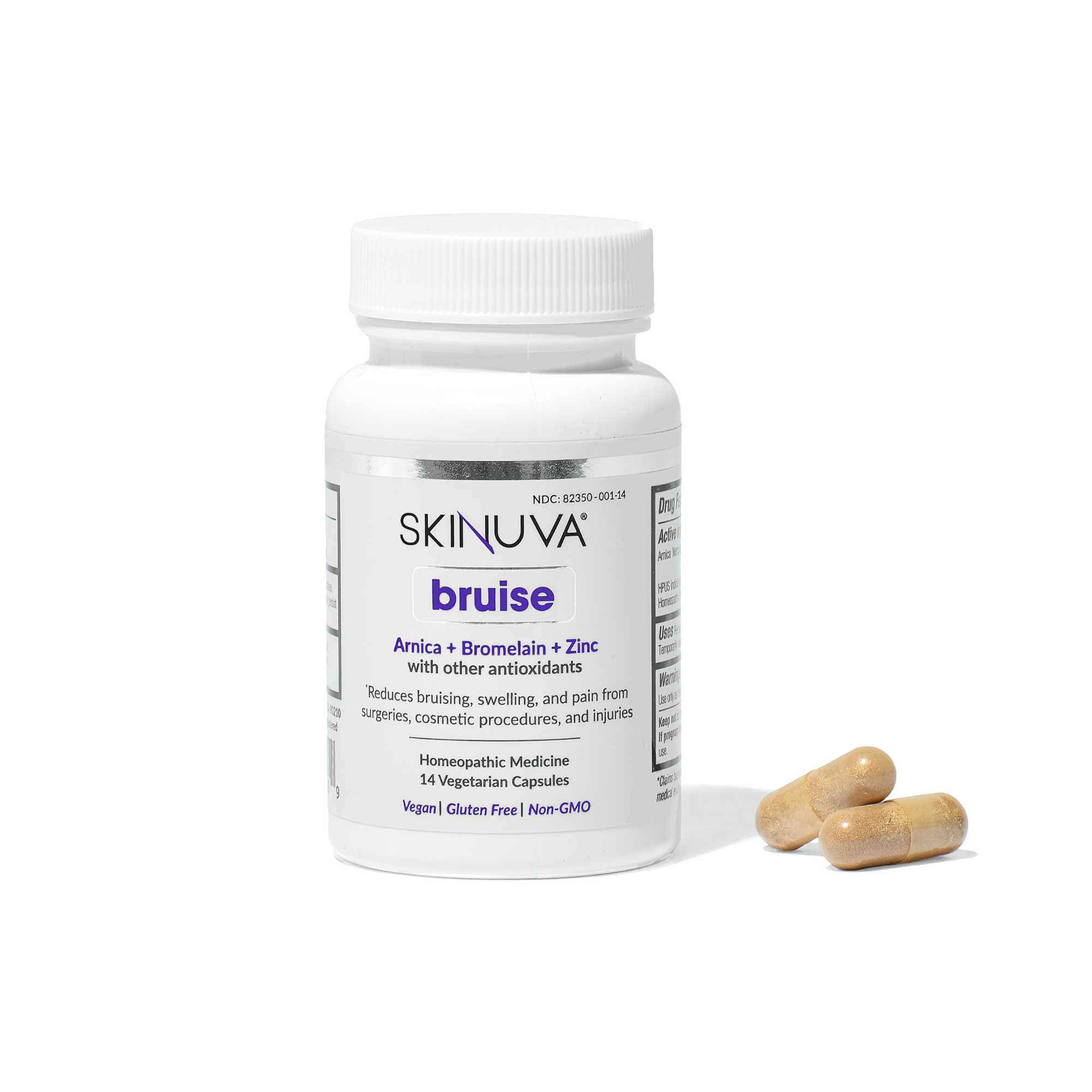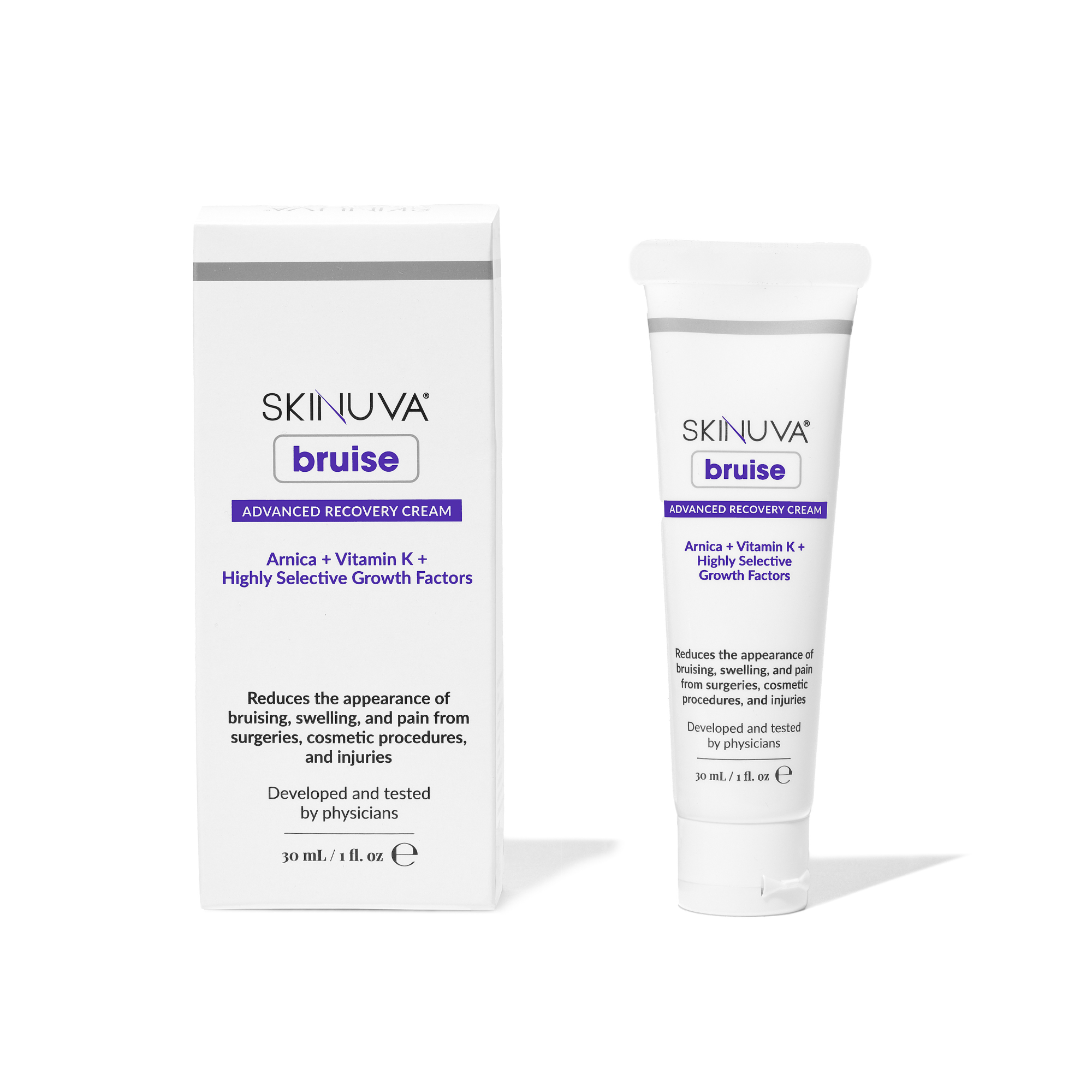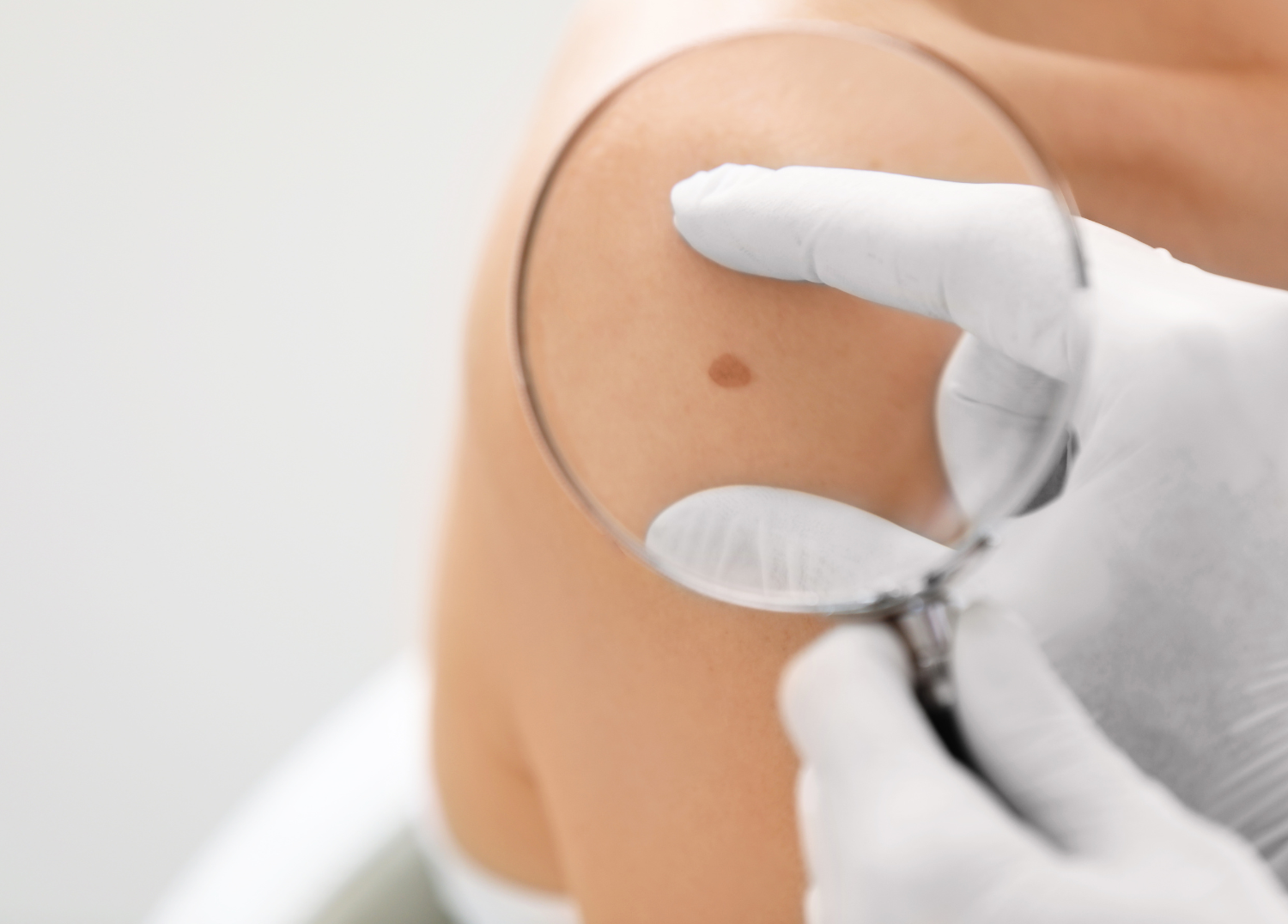Spring Skincare Tips: Transitioning Your Skin for Warmer Weather

As we say goodbye to cold weather and welcome the warmer months, it is important that we adjust our skincare routines to accommodate the changing weather and the impact it can have on our skin. The spring and summer months bring a multitude of challenges that can negatively affect our skin, including increased humidity, sun exposure, allergens, and more. Fortunately, there are several tips, ingredients, and products to consider to keep your skin healthy, hydrated, and glowing this spring and summer.
Environmental Factors That Affect Our Skin
With warmer temperatures often comes an increase in humidity levels, which can lead to an increase in oiliness of the skin. Oily skin often contributes to clogged pores and acne breakouts, especially for those with naturally oily skin types.
Spring and summer months also come with longer daylight hours, which usually means spending more time outdoors. This increase in sun exposure can be a significant concern, especially if protective measures aren't taken to protect the skin. Sunburn, premature aging such as fine lines or wrinkles, and an increased risk of skin cancer are all risks that results from excessive exposure to the sun's harmful UV.
Spring and summertime allergens such as pollen are prevalent during this season. For individuals with sensitive skin or conditions like eczema or rosacea, exposure to allergens can exacerbate inflammation and irritation.
Tips, Ingredients, and Products to Keep Your Skin Healthy and Radiant
If you are someone who struggles with oily skin, opting for a lighter moisturizer (oil-free or gel-based) in the humidity that hydrates without feeling greasy is a good choice. Swapping out your usual cleanser for a gentle, pH-balanced one will also be effective in removing excess oil and impurities without drying out the skin. If your skin is acne prone, look for ingredients like salicylic acid in your cleanser to combat active acne.
Exfoliating is another important step in the skincare routine that removes dead skin cells and prevents clogged pores. Exfoliating products that contain ingredients like alpha hydroxy acids (AHAs) or beta hydroxy acids (BHAs) help promote cell turnover and smoother complexions.
While you should be using sunscreen year-round, prioritizing sunscreen even more in the spring and summer is non-negotiable when it comes to your skincare routine. Using a broad-spectrum sunscreen with an SPF of 30 or higher will help reduce your chances of sun damage to the skin. Reapplication is crucial, especially when outdoors for extended periods of time.
If you are treating a scar during this time of year or have an upcoming surgical procedure that may leave you with a sun-exposed scar, using a topical scar cream to treat it like Skinuva Scar+ SPF is a great choice. Skinuva Scar+ SPF contains clinically proven ingredients such as Synthetic Growth Factors, Silicone, non-nano Zinc Oxide, and more to improve hyperpigmented and raised scars while also providing broad spectrum SPF 30 protection.
Other than adjusting your skincare routine, staying hydrated by drinking plenty of water throughout the day does wonders to support healthy skin function from within. Taking care of your skin in these ways and following these tips and more can ensure that your skin and body stays health and glowing year-round.

